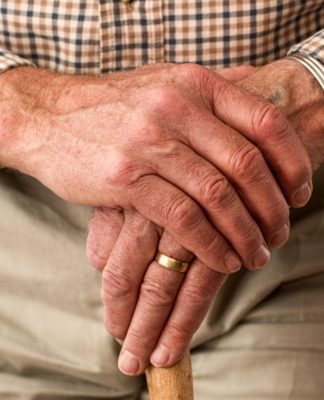Compassion is a word that can feel a bit overused these days. Everyone seems to remind us to be compassionate with ourselves and others. When words are overused, they tend to loose their meaning. But there is immense worth to the concept of compassion and the deeper understanding behind it.
I’ve been reading a classic in the great variety of Buddhist books, Chogyam Trungpa’s “Spiritual Materialism”. Trungpa was one of the first Tibetan lamas to bring the dharma to the West, and his insights are of a timeless validity.
“Compassion is not feeling sorry for someone”, he writes. “It is basic warmth.” This warmth is to be extended to oneself first with the help of meditation practice. “Meditation is a delightful and spontaneous thing to do. It is the continual act of making friends with yourself.”
When the first task is achieved, then it is possible to extend this friendship to the world. “Trust and compassion for oneself bring inspiration to dance with life, to communicate with the energies of the world.”
Trungpa reminds us that compassion is generous, altruistic, joyful and authentic. He calls it “the ultimate attitude of wealth – the attitude that one has been born rich rather than one must become rich.”
Internalizing this message means that we can finally be confident: be free of the nagging voices that we aren’t good enough, that we must become someone else – someone more successful, attractive, intelligent and so on.
But his most inspiring message I feel speaks to how we are in the world:
“Compassion automatically invites you to relate with people, because you do no longer regard people as a drain on your energy. They recharge your energy, because in the process of relating with them you acknowledge your wealth, your richness. So, if you have a difficult task to perform, such as people or life situations, you do not feel you are running out of resources. Each time you are faced with a difficult task, it presents itself as a delightful opportunity to demonstrate your richness, your wealth. There is no feeling of poverty at all in this approach to life.”
This is quite the radical thought. We have been programmed to pursue monetary wealth and accumulating possessions so thoroughly that we tend to forget about what we already have. “You do not need to secure your ground”, Trungpa said. We don’t have to hold on so tightly to what we think we need from life. We can stop making unreasonable demands and just be open whatever comes at us.
Not an easy task to achieve – but certainly a worthwhile one.


 Gerti Schoen is a psychotherapist for couples and individuals in private practice in NYC and Ridgewood, NJ. Her work has been informed by psychoanalytic thought, Imago Relationship Therapy, Mindfulness, Shamanic healing and Internal Family Systems Therapy. Before becoming a mental health professional, she had a fulfilling career as a journalist and writer in Germany. She has published two books, The Gentle Self and Buddha Betrayed.
Gerti Schoen is a psychotherapist for couples and individuals in private practice in NYC and Ridgewood, NJ. Her work has been informed by psychoanalytic thought, Imago Relationship Therapy, Mindfulness, Shamanic healing and Internal Family Systems Therapy. Before becoming a mental health professional, she had a fulfilling career as a journalist and writer in Germany. She has published two books, The Gentle Self and Buddha Betrayed.

















